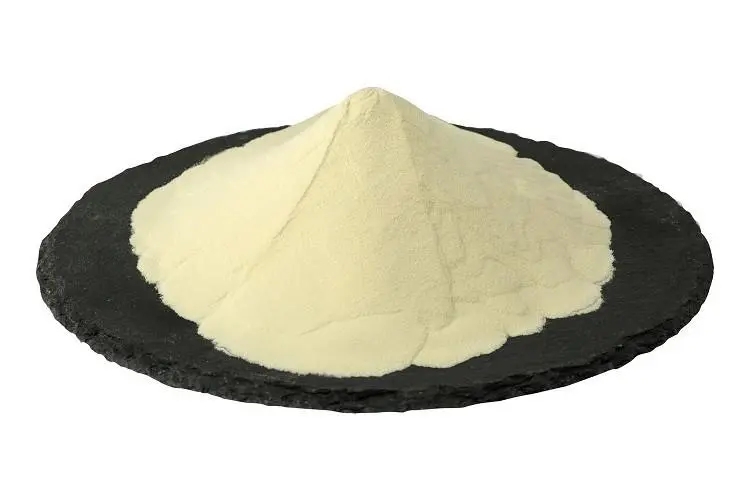Buy Quality Phospholipids,Extend Food Shelf Life
Time:2024-11-18
Certain components of phospholipids, such as phosphatidylcholine and phosphatidylinositol, exhibit antioxidant properties. These components can neutralize oxygen and free radicals, reducing their harmful effects on food. Specifically, phospholipids can bind to fat molecules in food, forming a protective barrier that shields fats from oxygen and free radicals. This process slows down the oxidation of fats, helping to prevent the deterioration of fats and other oxidation-prone components in food, thereby extending the shelf life of the product.
In addition to their antioxidant effects, phospholipids can protect food quality in other ways, indirectly influencing shelf life. For example, during food processing, they effectively reduce the interfacial tension between oil and water, promoting uniform mixing of oils and water to form stable emulsions. This helps prevent undesirable phenomena such as separation or sedimentation during storage, maintaining the quality and texture of the food.
While phospholipids are relatively stable under normal environmental conditions, their stability can be affected by factors such as temperature, pH, light, and oxygen. Under extreme conditions, such as high temperatures, extreme pH levels, or oxidative environments, phospholipids may degrade or denature, thereby reducing their antioxidant capacity and their ability to protect food quality. Thus, controlling these environmental factors during food production and storage is essential to ensure the stability and functionality of phospholipids.
Phospholipids are widely used in the food industry as emulsifiers, antioxidants, and nutritional fortifiers. However, their use must comply with relevant regulations and standards to ensure product safety and quality. Moreover, the type and amount of phospholipids added should be determined based on the specific product and formulation requirements to achieve optimal antioxidant effects and protection of food quality.
The stability of phospholipids plays a significant role in determining the shelf life of food. By carefully controlling the amount and usage conditions of phospholipids, the shelf life and quality of food can be significantly enhanced. Additionally, strengthening the regulation and research on the application of phospholipids in food is necessary to ensure their safety and efficacy.


 CN
CN





